This month:
Whether you’ve been deep in winter coze, enjoyed an unexpected early spring, or battled a weather system that’s playing hopscotch with its seasonal choices, we hope you’ve had a great, story-filled month!
We hope, too, that some of those stories may have planted the seeds for conversations you’d like to have at Sirens this year, because the time of programming submissions is nearly at hand! Sirens needs you to make the conference’s many hours of presentations possible. It truly does take everyone: not only scholars and authors, but readers, librarians, lawyers, educators, retail workers, publishing professionals, booksellers, farriers, and other attendees from all walks of life. Sirens knows you have something important to share, and we hope you’ll submit a proposal to join this year’s sure-to-be-amazing slate of presenters!
Programming Series
On March 16, we will be opening the proposals system for submissions. We know that some of you have been champing at the bit with ideas—and that some of you might need help with inspiration and guidance. Sirens is here to assist!
In Unsex Me Here: Power, Gender, and Villainy, we answered the question: “Why Villains?” as the theme for Sirens 2020. It’s not only a natural counterpart to 2019’s theme of heroes; it also provides us with much fertile territory to explore in the realm of gender and power dynamics, revenge fantasies, and redemption. We can’t wait to see what our fabulous attendees will bring us this year.
But that said, all topics relevant to gender and fantasy literature are possible proposal topics. While proposals might address this year’s theme, they do not need do. Want to discuss monsters or witches or hauntings, as Sirens has in past years? Great! Or family structures or queerness or adventure—or all three? That’s great, too! How about race and portal fantasy and magic systems? Yes, please!
Have some nebulous ideas and want to talk them out? Join us for a Sirens programming chat on Sunday, March 22, 2-4pm Eastern (11am-1pm Pacific) or Monday, May 4, 9-11pm Eastern (6-8pm Pacific) to discuss your thoughts with Sirens staff and other attendees! Or maybe you know you’d like to participate in programming but are having trouble coming up with an idea? Check out the #SirensBrainstorm tag on Twitter to get those brain-juices flowing.
Be sure to follow our annual programming series for guidance on all the technical aspects of submitting to our system. The overview and tips and tricks posted earlier this month will give you a general sense of how submissions work. In the coming weeks, we’ll be sharing posts delving deeper into papers/lectures, panels, roundtables, and workshops/afternoon classes.
Registration Price Increase
On March 1, the registration price for Sirens 2020 will increase from the current price of $225 to $250. If you want to lock in your attendance at the current rate, be sure to register by Saturday!
Tickets are also still available for the Sirens Studio. This price ($100) will not increase on March 1, but these tickets are limited. In fact, we’re already half-sold-out, so guarantee your seat by registering soon!
Also, while you’re thinking about getting your attendance ducks in a row, we wanted to remind Sirens attendees from the U.S. that the REAL ID act takes full effect on October 1st. What does that mean? You’ll need a REAL ID-compliant form of identification to board a plane to get to Sirens! Check out the government’s info page for more information on how to make sure your ID will get you through the airport.
Scholarships
Thanks to the amazing generosity of the Sirens community, this year we are able to fund sixteen scholarships! Four will be allocated to people of color, four for exemplary programming proposals, four to those with financial hardships, and four to librarians, educators, and publishing professionals such as editors, agents, publicists, production personnel, and booksellers.
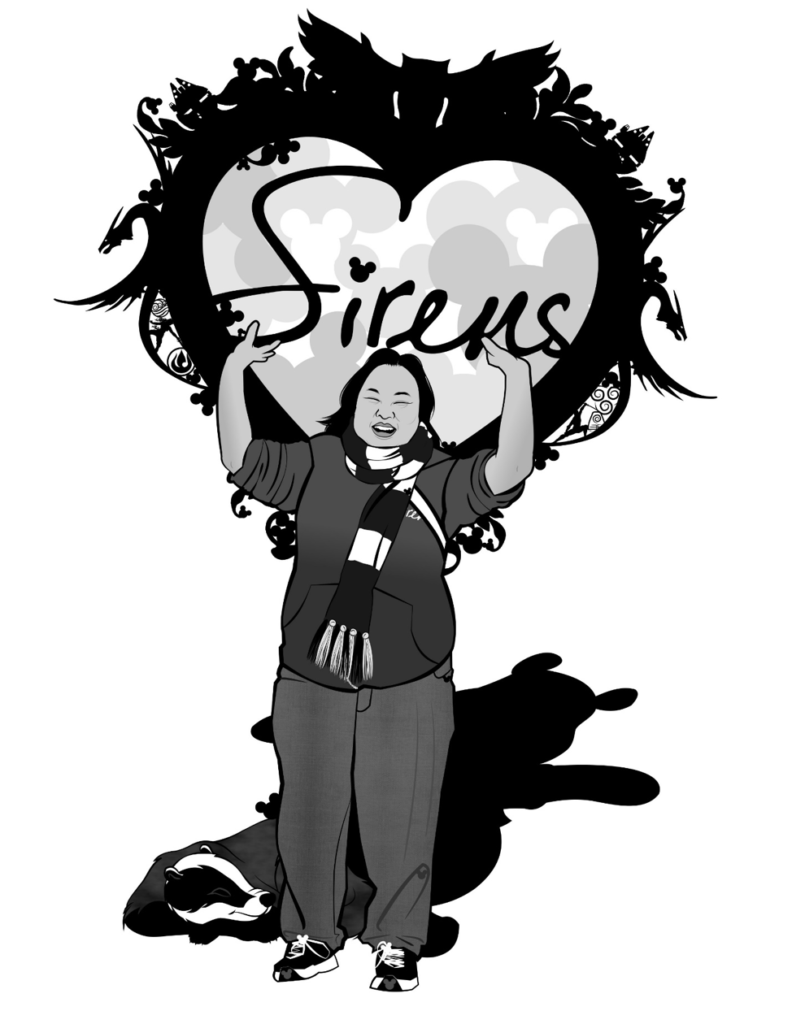 We also have three 2020 Sabrina Chin “Braver Than You Think” Memorial Scholarships. All first-time Sirens attendees are eligible for these scholarships, as are first-time presenters who receive one of our programming scholarships. Sabrina Chin co-chaired Sirens for a number of years before her passing in 2019, and her family has funded these scholarships to help us continue to welcome new voices to the vibrant Sirens community.
We also have three 2020 Sabrina Chin “Braver Than You Think” Memorial Scholarships. All first-time Sirens attendees are eligible for these scholarships, as are first-time presenters who receive one of our programming scholarships. Sabrina Chin co-chaired Sirens for a number of years before her passing in 2019, and her family has funded these scholarships to help us continue to welcome new voices to the vibrant Sirens community.
For more information on all these scholarships, as well as information on how to apply, visit our scholarships page. Please note that the deadline to apply for most of these scholarships is February 29th; the deadline for the exceptional programming scholarship and the Sabrina Chin scholarship for first-time presenters will be May 15th.
Sirens Essays
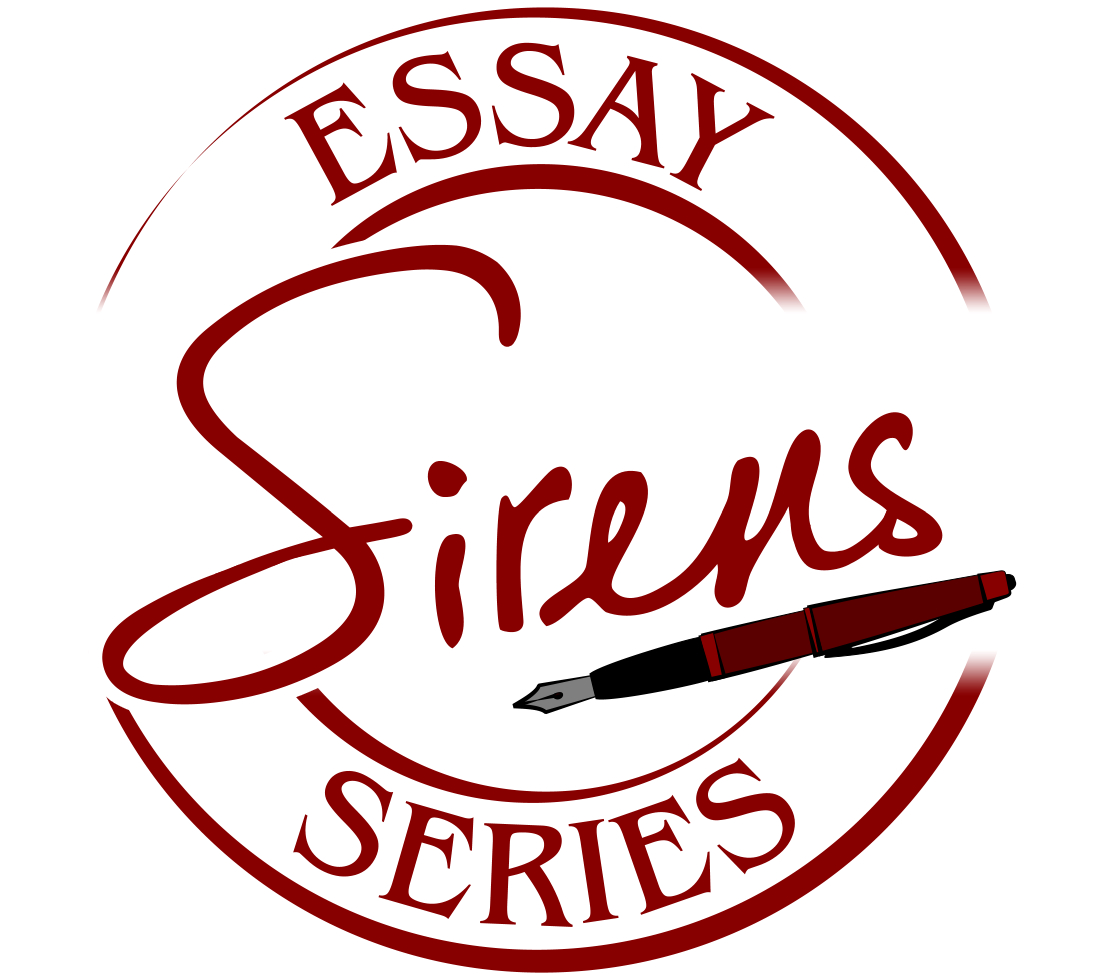
Our essay series continued this month with contributions that examine issues of representation, power dynamics, and audience reception of narratives:
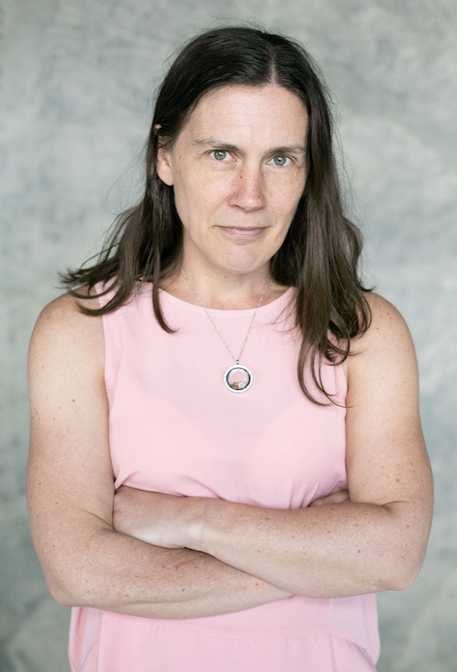
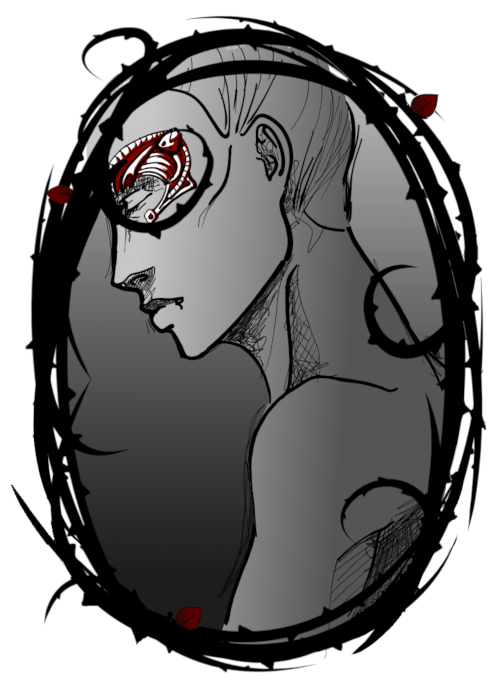
In Autism in Seven of Nine, Mette Ivie Harrison explores the character from Star Trek: Voyager, nuances of Jeri Ryan’s performance, and the importance for women diagnosed with autism, particularly later in life, of seeing themselves represented in fiction.
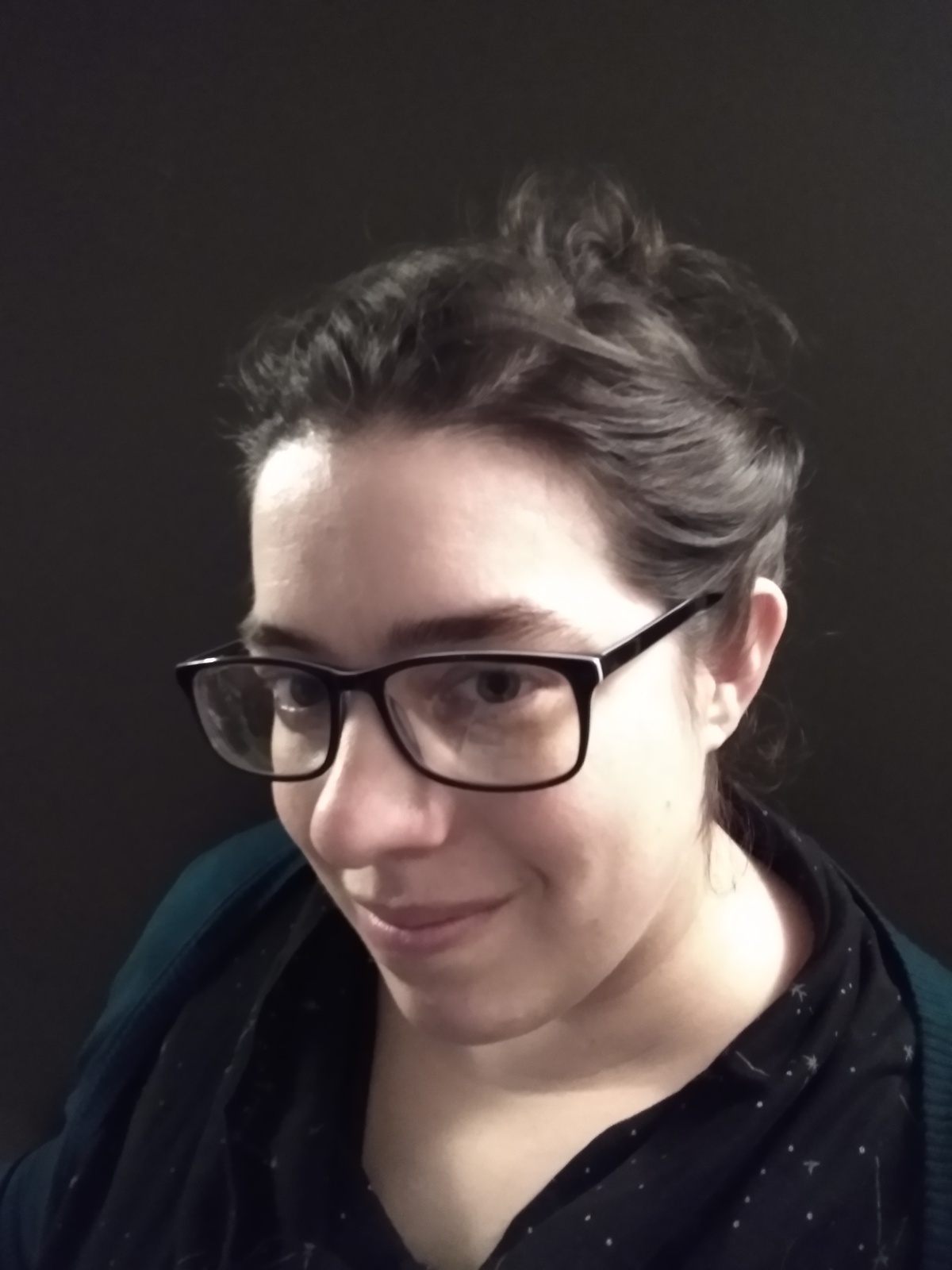
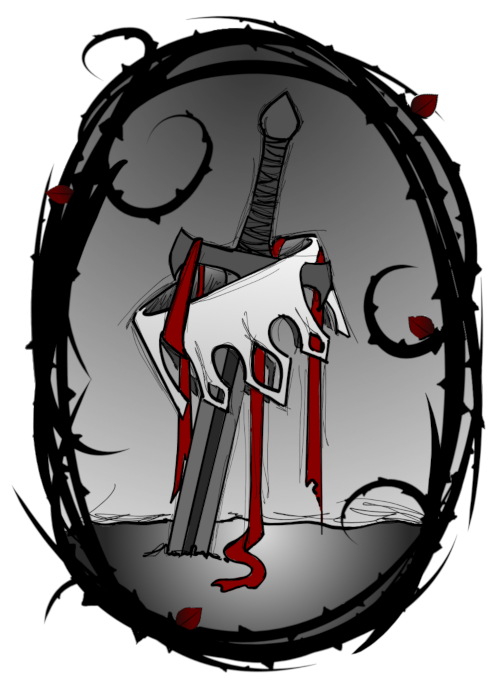
In What Is It with Us and “Good Royalty”?, Emma Whitney interrogates the continued prevalence of savior-monarchs in fantasy fiction and asks why this trope endures rather than ceding ground to more egalitarian narratives.
Books!
Book Recommendations and Reviews:
- On Twitter, Amy Tenbrink shared 150 speculative fiction books by female and nonbinary authors of color! Check out this list and be prepared for your TBR pile to swell.
- Amy also discusses the drowning weight of Erin Morgenstern’s new portal fantasy, The Starless Sea.
- Katie Passerotti raves about Tara Sim’s Scavenge the Stars, a genderbent, queer take on The Count of Monte Cristo.
We’re delighted to share a few staff picks from February’s list of new releases:
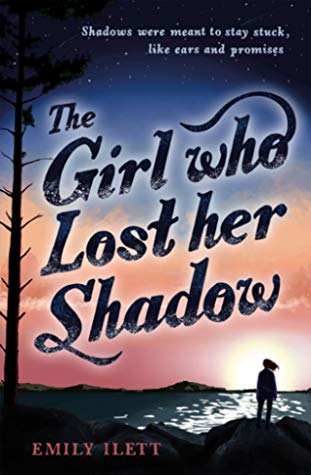
Erynn’s Pick: The Girl Who Lost Her Shadow, by Emily Ilett
One morning, Gail wakes up to see her shadow slipping away under the door. It’s expected as she has been barely keeping it together over the last two months since her father left and with him went her elder sister’s health and shadow. Realizing that she must be the one to bring the shadows back, she sets off on an adventure facing elements of magic mixed with light and grief, for her sister’s sake if not her own.
Emily Ilett’s debut novel is a middle grade, otherworld quest tale set on a remote island in Scotland. I immersed immediately into the place and the plight of the protagonist. Her prose is lyrical and full of all the passion Gail is trying to recover. She elegantly blends folktale allegory with real challenges of depression and mental illness. It is a well-told, heartwarming story of inner strength and sisterly love.
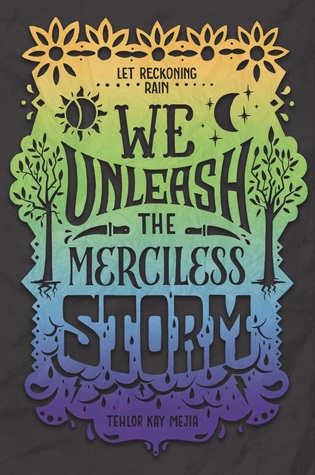
Cass’s Pick: We Unleash the Merciless Storm, by Tehlor Kay Mejia
If you came to Book Speed-Dating at Sirens in 2019, you know that We Set the Dark on Fire was one of my top picks, so I am of course incredibly excited for the sequel! We Set the Dark on Fire introduced us to a world where young women of high social class—or those aspiring to it—train to be wives for powerful men: either a primera, responsible for her husband’s business and social world, or a segunda, responsible for home and children. This society is cracking at the seams, and Dani, a lower-class girl whose whole life has been a con, gets swept up in the winds of rebellion.
Mejia is switching the POV for We Unleash the Merciless Storm, to Dani’s segunda, Carmen. I’m looking forward to seeing inside Carmen’s head and the way she operates. Given where things left off, she’s got a rough road ahead of her. I’m hoping Mejia will give us even more of the nuanced social commentary, rich interiority, and nail-biting suspense that I so enjoyed in the first book. Book One also turned the stereotype of the YA love triangle utterly on its head, and I’m eager to see where that goes.
This newsletter is brought to you by:

Questions? Concerns? Please email general queries to (help at sirensconference.org) and questions about programming to (programming at sirensconference.org).




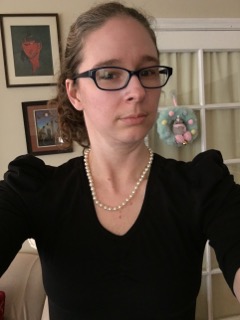
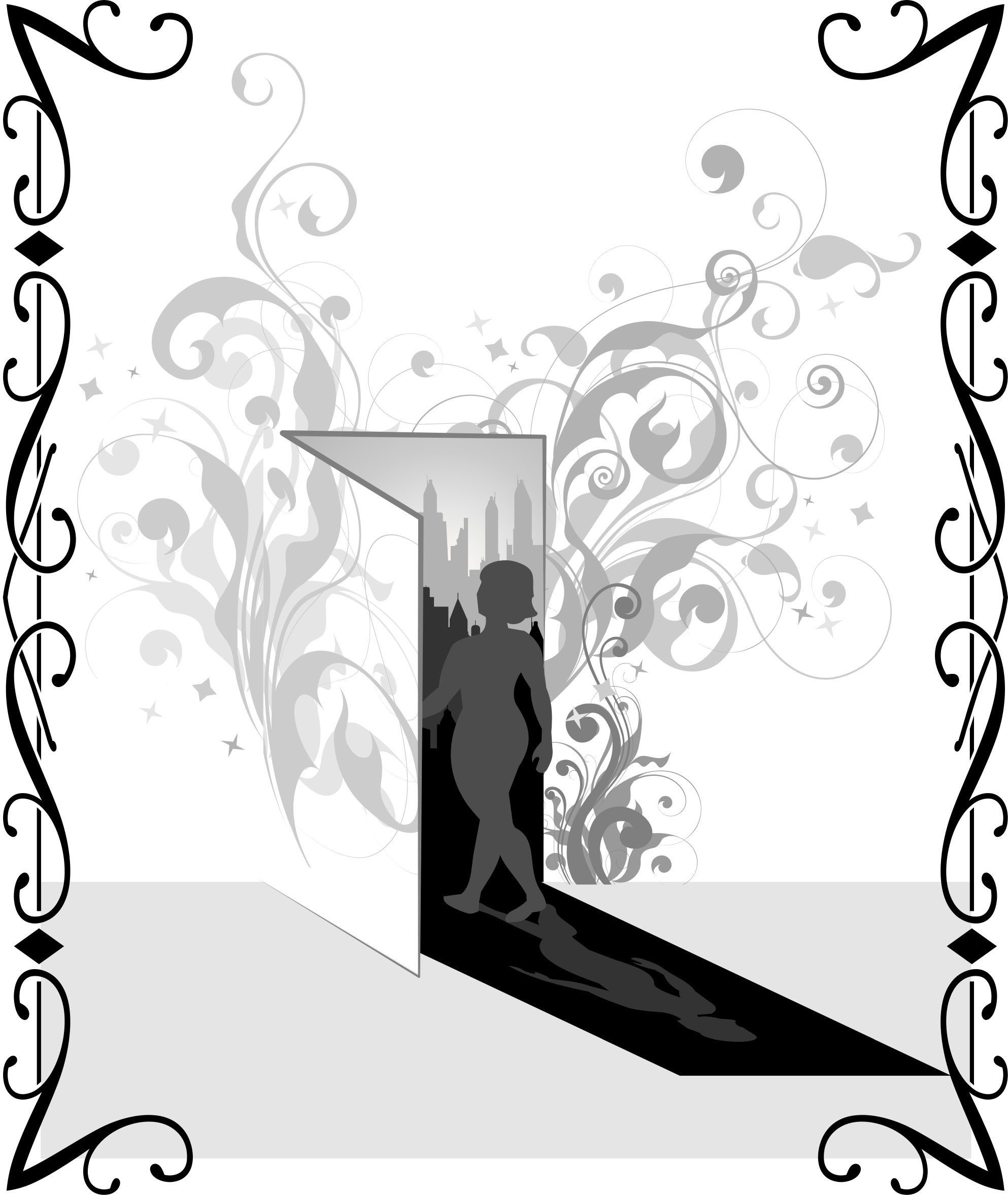

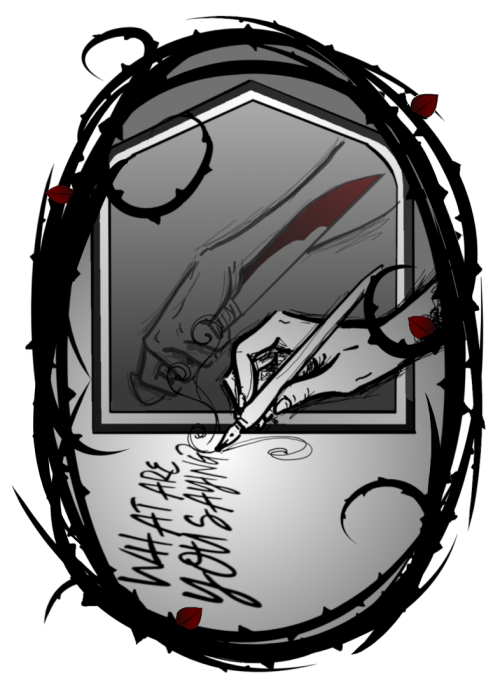
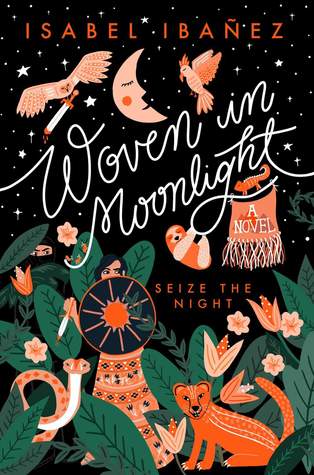
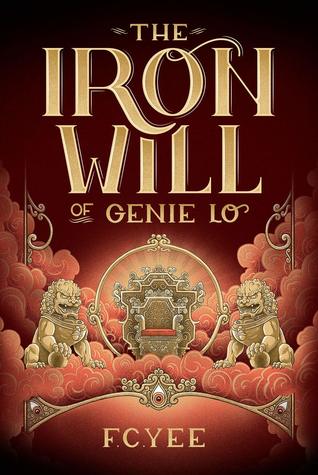
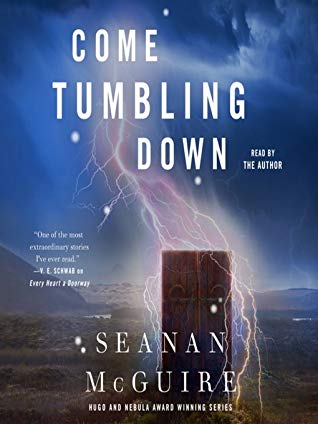
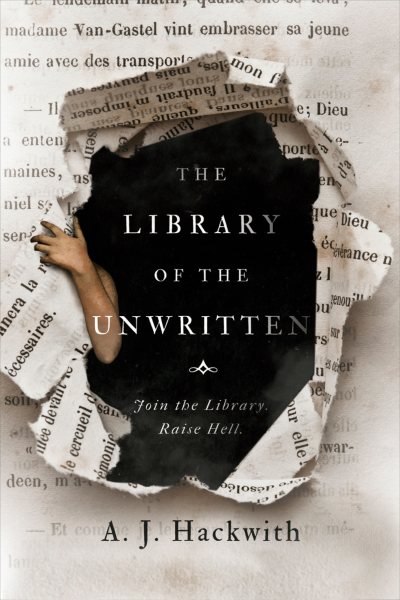
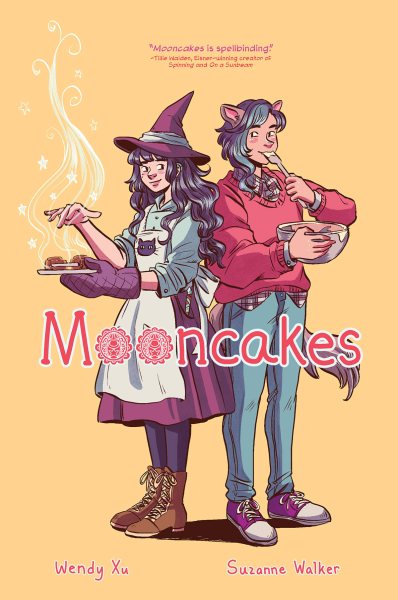

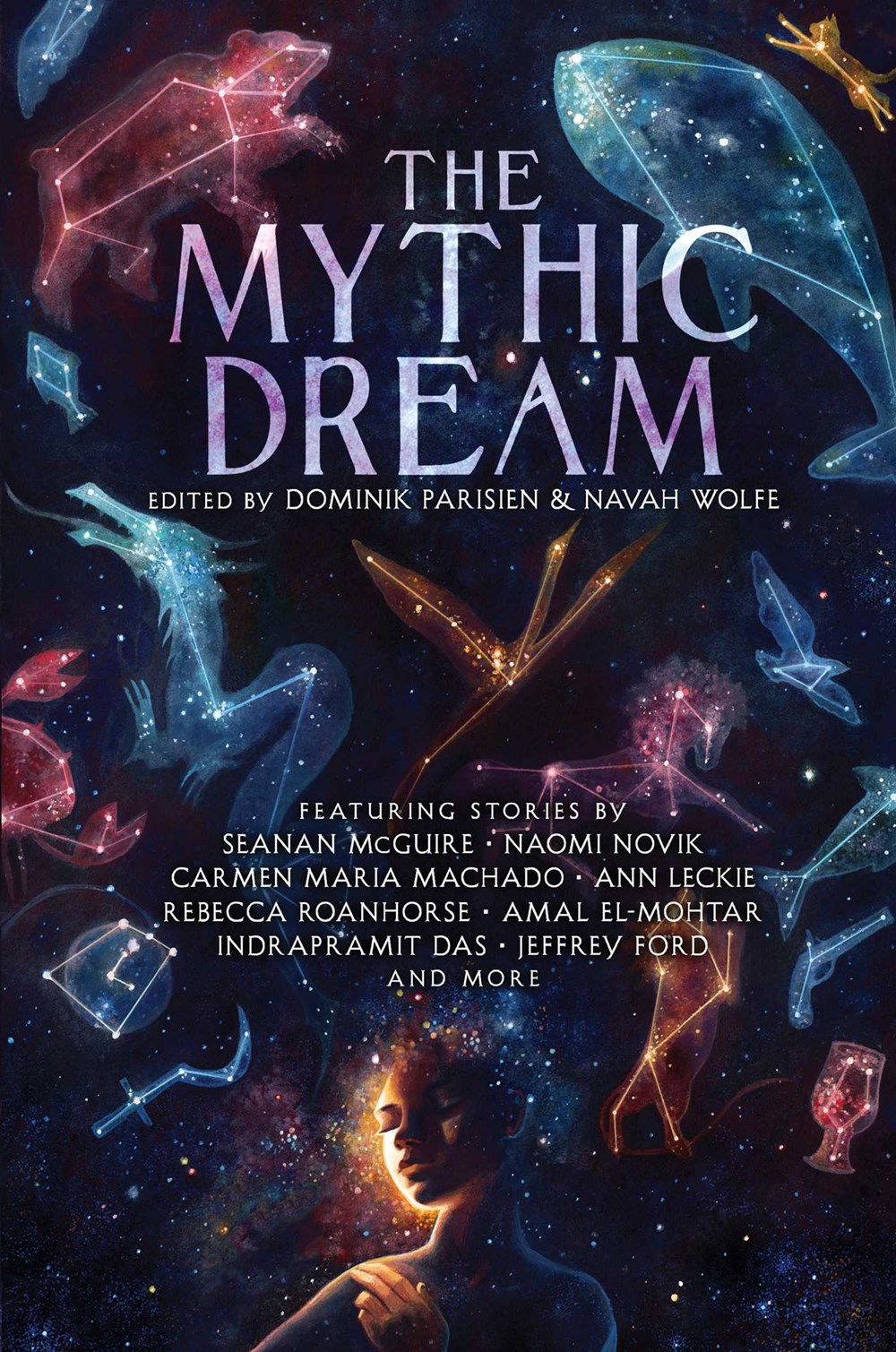

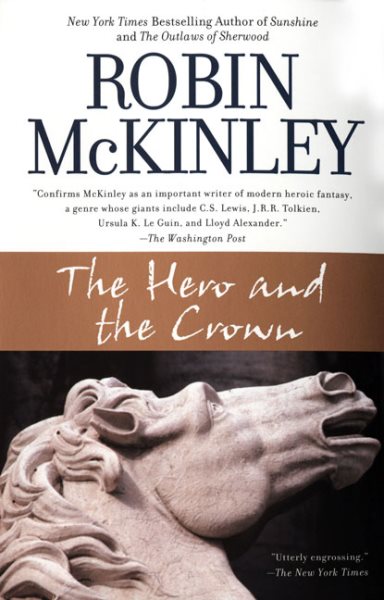

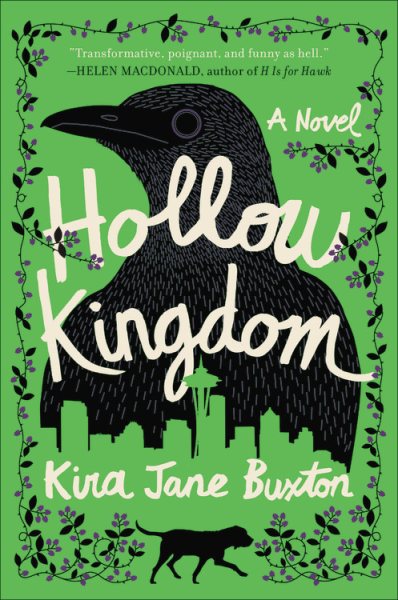
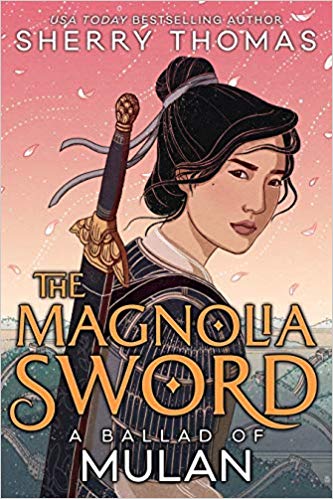
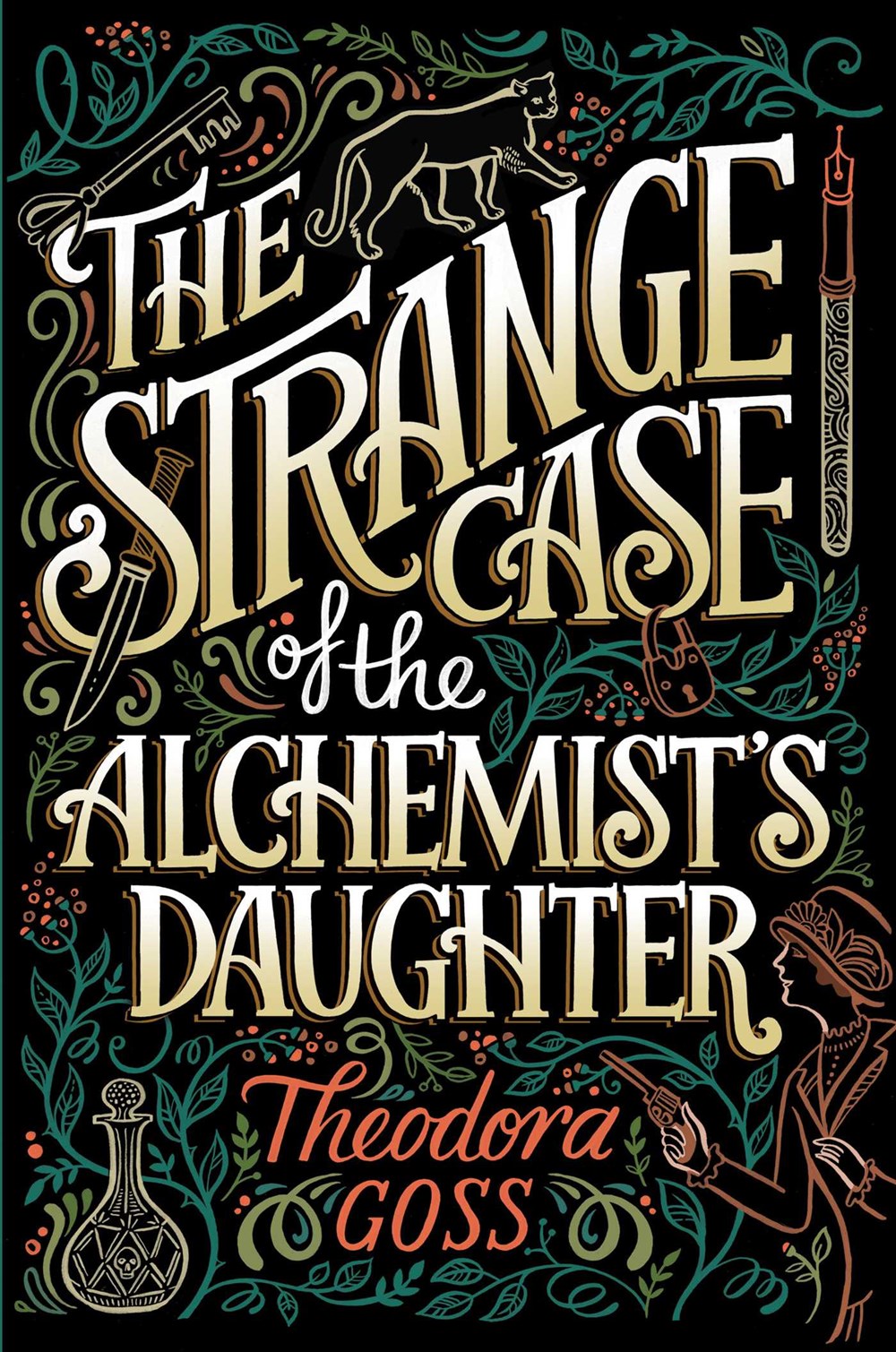
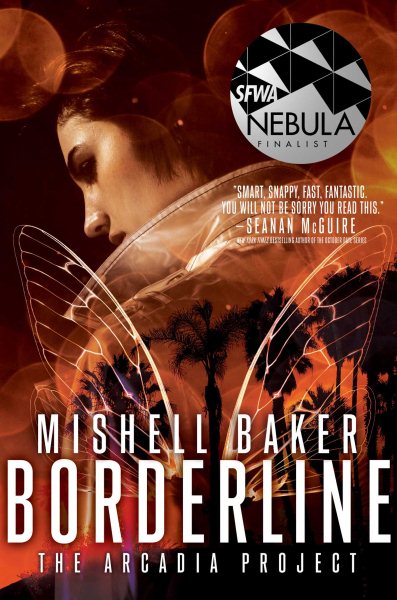
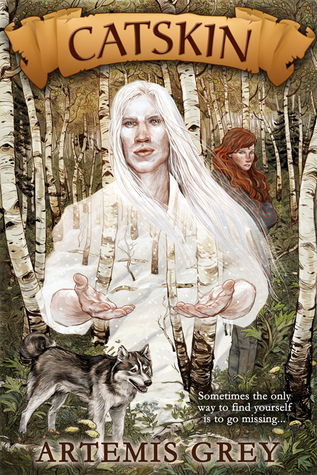
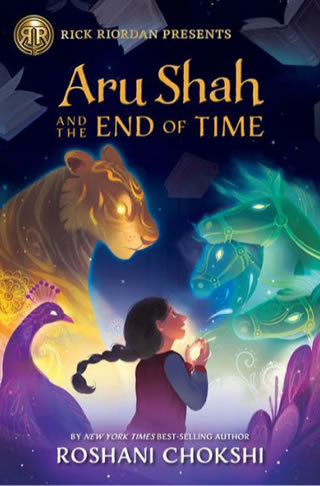
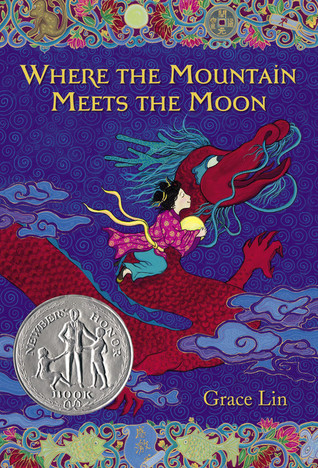



Connect with the Sirens community
Sign up for the Sirens newsletter